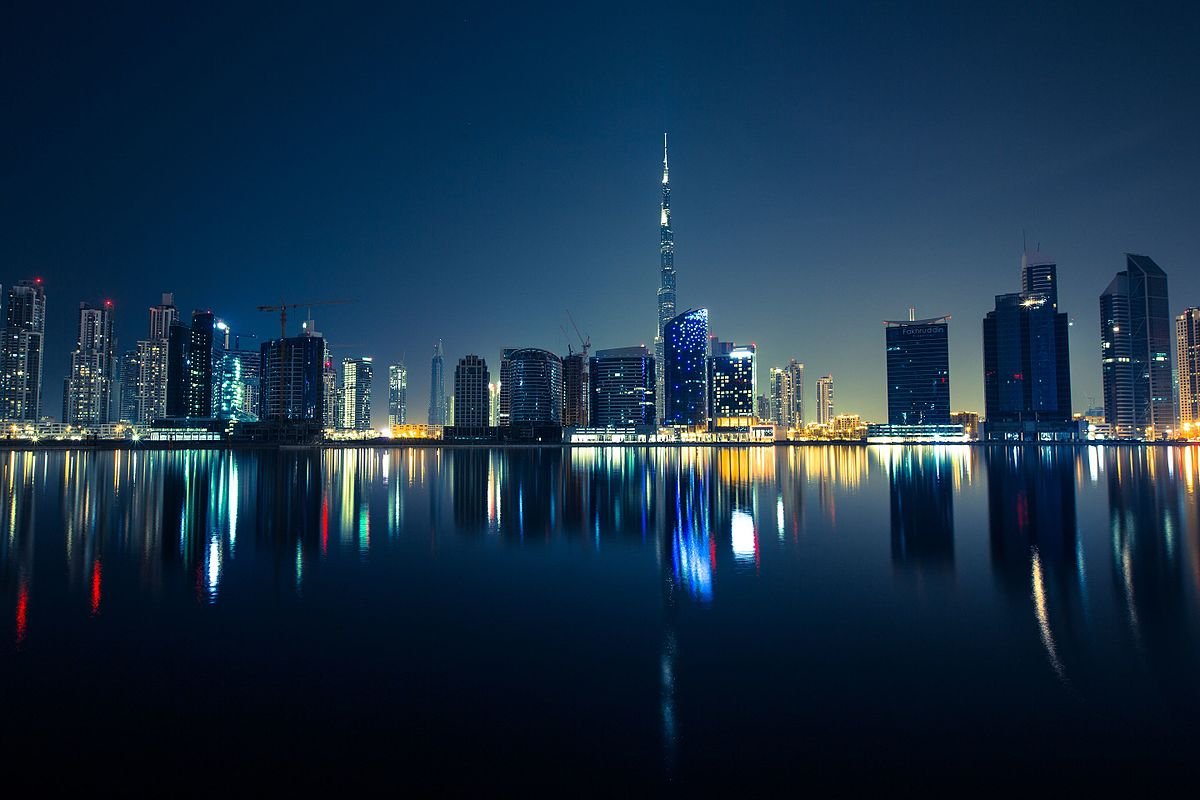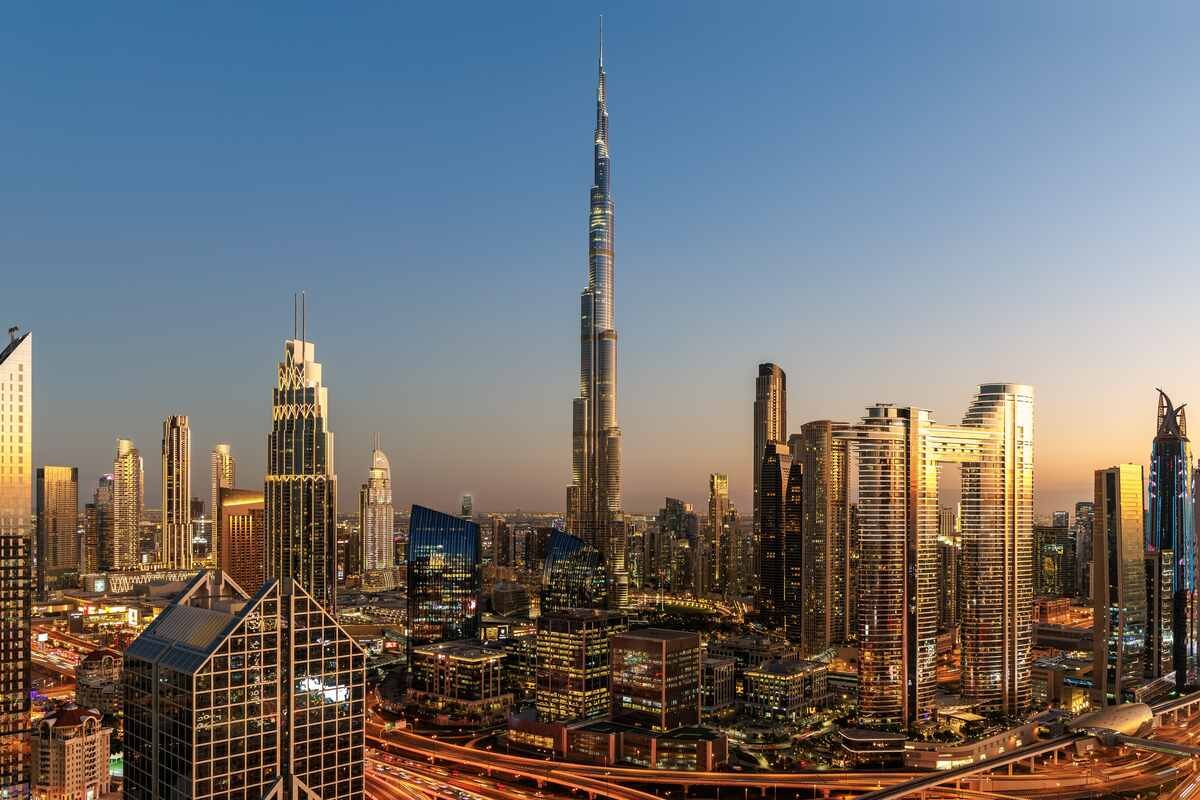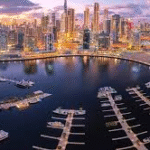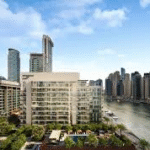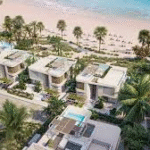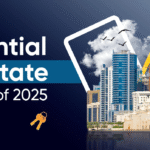Now Reading: How Dubai Is Redefining Smart Cities After Expo 2020
-
01
How Dubai Is Redefining Smart Cities After Expo 2020
How Dubai Is Redefining Smart Cities After Expo 2020
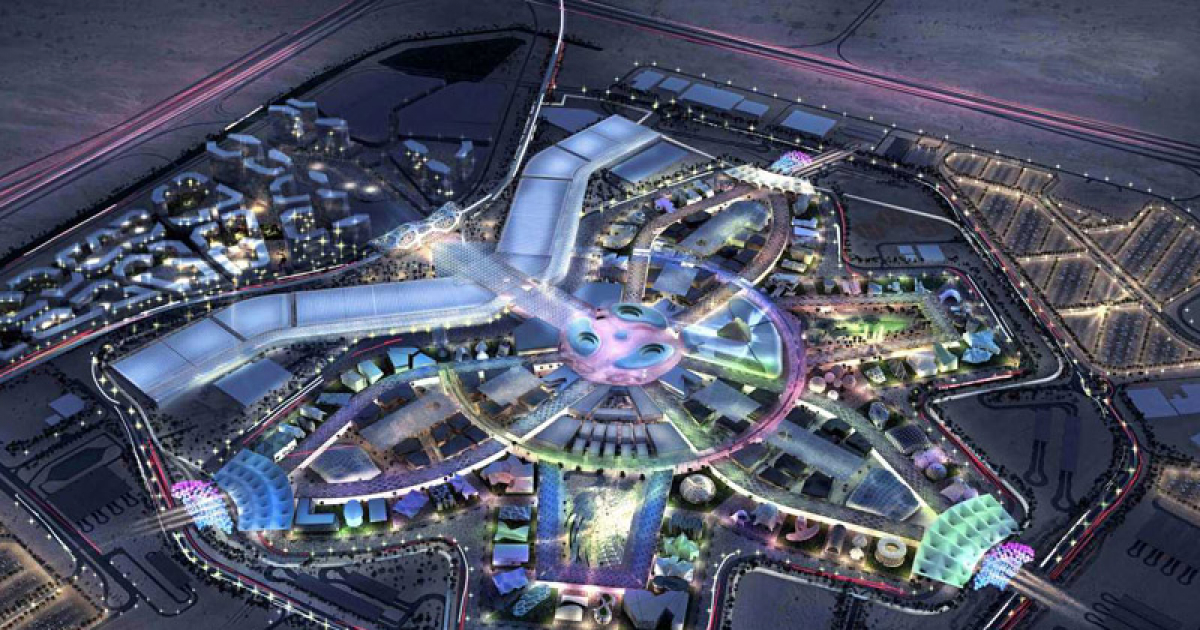
Table of Contents
When Dubai hosted Expo 2020, the world watched a city push boundaries—technologically, environmentally, and socially. Although the global event ended in March 2022, its impact is still unfolding. Dubai has taken the momentum from Expo 2020 and transformed it into a long-term vision for sustainability, smart city development, and innovation-led growth.
From the creation of a fully integrated smart district to advancing clean energy solutions, Dubai is building more than just infrastructure—it’s shaping a future-ready legacy.
Sustainability: The Green Vision That Keeps Growing

One of the biggest highlights of Expo 2020 was its strong focus on sustainability. With over 190 participating countries, the event showcased hundreds of eco-friendly technologies—from solar-powered architecture to water conservation innovations. But Dubai’s green journey didn’t end with the closing ceremony.
Key Sustainable Highlights Post-Expo:
- Expo City Dubai: Formerly the Expo 2020 site, this area has been transformed into Expo City Dubai, a car-free, eco-conscious urban district. It runs on 100% renewable energy and uses advanced waste reduction and recycling systems.
- Dubai Clean Energy Strategy 2050: Dubai aims to produce 75% of its energy from clean sources by 2050. The city is investing heavily in solar power, including the Mohammed bin Rashid Al Maktoum Solar Park, the largest single-site solar park in the world.
- Smart Irrigation and Agriculture: Smart sensors and AI-powered water systems are being used to conserve water in parks, farmlands, and public gardens—critical in a desert climate.
- Green Building Regulations: Dubai mandates sustainable building codes for new developments, reducing energy consumption and improving indoor air quality.
Dubai is showing the world that urban growth and environmental care can go hand in hand.
Smart Cities: A Tech-Driven Urban Future
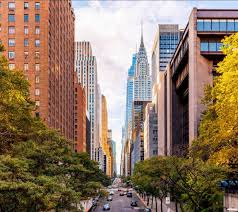
At the heart of Dubai’s post-Expo strategy lies the goal of becoming the smartest city in the world. Smart cities are not just about high-tech buildings—they are about data-driven decisions, efficient systems, and improved quality of life.
Key Smart City Developments:
- Dubai Digital Twin Project: This initiative creates a real-time digital replica of the city to monitor and manage utilities, traffic, public services, and more. It helps reduce costs, improve emergency responses, and optimize city planning.
- AI and IoT Integration: From smart traffic signals to AI-powered police services, Dubai is embedding technology into every aspect of urban life. Public transport, government services, and healthcare systems are now more connected and automated than ever.
- Smart Mobility Solutions: Dubai plans to make 25% of all transport autonomous by 2030, including self-driving taxis and drone deliveries. Trials with companies like Cruise (backed by General Motors) are already underway.
- 5G Connectivity: High-speed internet powers smart infrastructure, allowing faster communication between devices, vehicles, and buildings.
These innovations are not just futuristic—they are practical, scalable, and focused on improving the daily life of residents and visitors.
Innovation: Building a Global Tech and Startup Hub
Expo 2020 was also a platform for innovation, especially for startups and entrepreneurs. Dubai is leveraging that energy to grow as a regional and global hub for technology and innovation.
Key Innovation Milestones After Expo:
- District 2020 to Expo City: This transformation has attracted startups, research centers, and Fortune 500 companies. The city is designed as a “15-minute city”, meaning all amenities—workspaces, parks, shops—are within a 15-minute walk or bike ride.
- Dubai Future Foundation: This government-backed agency runs Dubai Future Accelerators, matching startups with government challenges and funding. It supports ideas in AI, blockchain, robotics, and sustainability.
- Innovative Public Services: Dubai has launched digital-only government services, becoming one of the first cities in the world to aim for a paperless government. Residents can complete everything from visa applications to healthcare appointments online.
- The Museum of the Future: Opened just before Expo 2020 ended, this iconic building is now a symbol of Dubai’s innovation culture. It hosts exhibitions, research labs, and public talks that shape tomorrow’s technologies.
Dubai understands that innovation is not a buzzword—it’s a long-term investment in economic and social resilience.
Economic Impact and Global Recognition
Dubai’s commitment to sustainability, smart infrastructure, and innovation is not just visionary—it’s paying off. The city has attracted billions in foreign investment, boosted tourism, and enhanced its global reputation.
Key Achievements So Far:
- Sustainable Tourism: Hotels and attractions now follow green certification programs, appealing to eco-conscious travelers.
- International Business Hub: Expo City now hosts companies in sectors like biotech, aerospace, clean energy, and education.
- Talent Magnet: Dubai’s digital economy and flexible visa rules are attracting global talent, including remote workers, researchers, and creators.
Conclusion: A Legacy That’s Just Beginning
Expo 2020 was more than a world fair—it was a launchpad for Dubai’s next era. The legacy it leaves behind is visible in the city’s skyline, its eco-friendly buildings, its smart systems, and its growing innovation economy.
As the world looks for models of future-ready cities, Dubai is offering a living blueprint—one that balances vision, technology, and sustainability.
The Expo may have ended, but its story is far from over. In fact, it might just be the beginning.
Read More:- Shobha Realty Launches Its Most Luxurious Project Yet—Full Details Inside 2025



